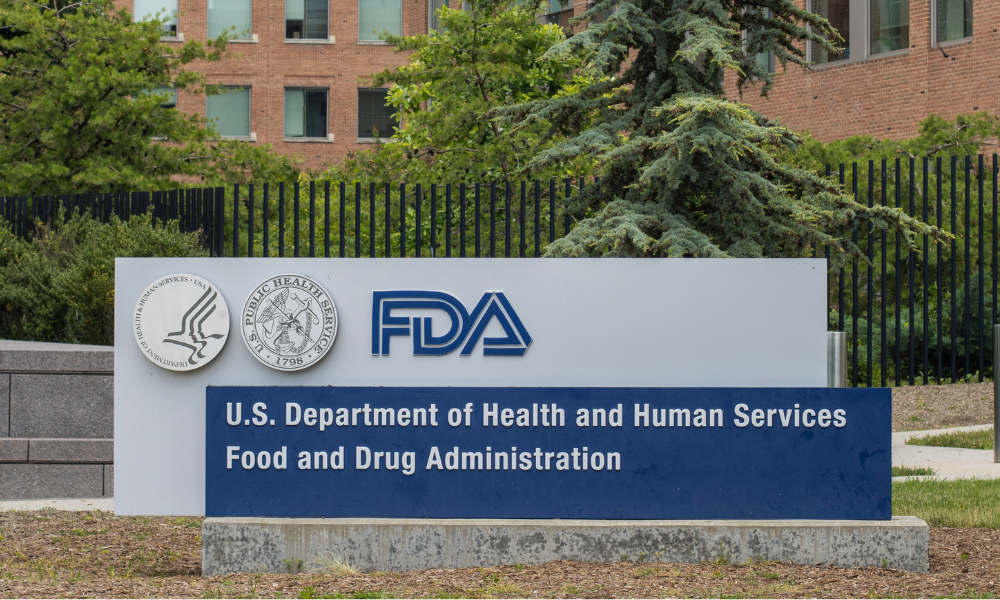Insurers are on alert following a U.S. Food and Drug Administration (FDA) advisory issued on August 19, 2025, regarding potential radioactive contamination in Great Value brand frozen raw shrimp sold at Walmart, sourced from Indonesian supplier PT. Bahari Makmur Sejati (BMS Foods). The issue centers on the detection of Cesium-137, a radioactive isotope, in shipping containers and a sample of breaded shrimp, prompting a recall in 13 U.S. states. Below is a detailed overview based on available information.
Background on the Issue
- Detection of Cesium-137: U.S. Customs and Border Protection (CBP) identified Cesium-137 in shipping containers at four U.S. ports (Los Angeles, Houston, Miami, and Savannah, Georgia). The FDA confirmed the isotope in one sample of breaded shrimp from BMS Foods, though no contaminated shrimp has been confirmed in the U.S. food supply.
- Recall Details: Walmart recalled three lots of Great Value frozen raw shrimp (lot codes 8005540-1, 8005538-1, 8005539-1, all with a best-by date of March 15, 2027) sold in Alabama, Arkansas, Florida, Georgia, Kentucky, Louisiana, Missouri, Mississippi, Ohio, Oklahoma, Pennsylvania, Texas, and West Virginia. Consumers are advised to discard or return the products.
- Health Risks: The detected Cesium-137 level (68 Bq/kg) is below the FDA’s intervention threshold of 1200 Bq/kg, indicating no immediate health hazard. However, repeated low-dose exposure over time could increase cancer risk due to DNA damage, prompting the FDA’s cautionary recall.
Insurance Implications
- Product Liability Claims: If contamination were confirmed in consumed shrimp, consumers could file claims for health-related damages, such as medical evaluations for radiation exposure. Even low-level Cesium-137 exposure carries long-term risks, potentially triggering health expense and liability insurance claims.
- Recall Costs: Walmart’s recall involves logistics, public communication, and disposal expenses, which are often covered by product recall insurance. Operational disruptions could also lead to business interruption insurance claims, while reputational damage may impact sales and customer trust, though these are harder to quantify.
- Supplier Liability: PT. Bahari Makmur Sejati faces potential financial responsibility if regulatory investigations find negligence or safety lapses. The supplier’s liability insurance would be critical to cover claims from regulators or business partners like Walmart. Insurers may scrutinize whether coverage extends to regulatory violations or international supply chain incidents.
- Market-Wide Impact: The incident could lead insurers to raise premiums across the food sector, reflecting heightened contamination risks. Stricter supply chain audits and food safety compliance requirements may also become conditions for coverage, affecting retailers and suppliers broadly.
Current Status
- FDA and Regulatory Actions: The FDA has placed PT. Bahari Makmur Sejati under an import alert, banning its products from U.S. entry until corrective measures are implemented. The agency is working with Indonesian authorities to investigate the contamination source.
- No Confirmed Contamination in Commerce: The FDA emphasizes that no shrimp testing positive for Cesium-137 has entered the U.S. food supply. The recall is precautionary, as some shipments received by Walmart post-detection did not trigger contamination alerts but were processed under potentially unsanitary conditions.
- Public and Industry Response: Walmart has restricted sales and is cooperating with the FDA and the supplier to investigate. Public sentiment on platforms like X shows concern over food safety, with some posts highlighting broader distrust in regulatory oversight (e.g., @ChefGruel on unrelated FDA approvals).
Broader Context
This incident underscores the financial and operational risks in food supply chains, particularly for imported goods. Cesium-137, a byproduct of nuclear fission, is a concern due to its presence in the environment from past nuclear activities (e.g., Chernobyl, Fukushima). The event aligns with other recent food safety concerns, such as egg recalls for Salmonella, indicating heightened scrutiny on food imports. Insurers are likely to remain vigilant as similar incidents could drive stricter regulations and higher costs across the industry.
Note: The situation is evolving, with the FDA promising updates as more information emerges. Businesses and insurers should monitor developments for potential claims or regulatory shifts. For further details, check the FDA’s website or Walmart’s product recall page.
